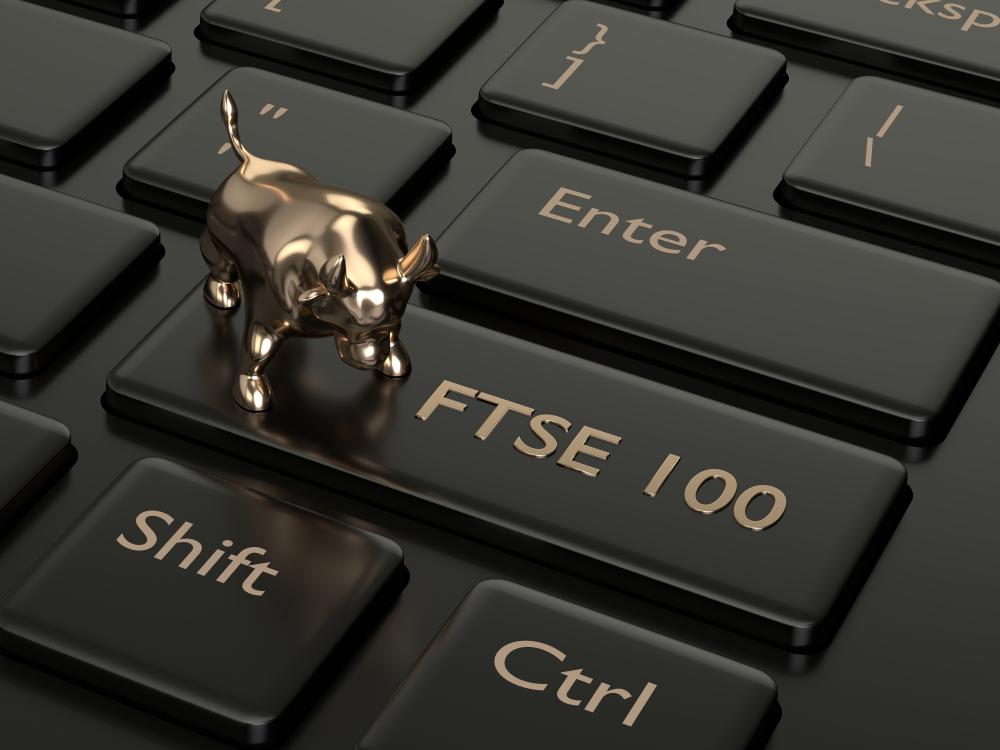The FTSE 100 (INDEXFTSE: UKX), DAX (INDEXDB: DAX) and CAC 40 (INDEXEURO: PX1) all opened with an underwhelming performance on Monday morning, dropping over 1% as markets responded to mounting fears of a second wave of coronavirus.
By mid-morning, both the DAX and the CAC 40 had recovered, up 0.4% – however the momentum trailed off not long after, with all 3 markets slipping back into the negative by noon.
Reports of an outbreak at a German meat processing factory and a spike in cases in Beijing have concerned investors, throwing cold water over the progress made at the start of the month when the FTSE 100 traded at its highest level since the start of the pandemic.
Markets can’t make up their minds
The markets’ tumultuous behaviour is a reflection of the conflicting news to hit the headlines in the past week. Russ Mould, investment director at stockbroker AJ Bell, commented on Monday morning’s performances:
“Investors continue to be pulled from different directions by various headwinds and tailwinds. On one hand there is positive news such as Spain accepting UK tourists without the need for quarantine, adding to the list of restrictions being lifted across Europe. On the other hand, the US still seems to be struggling to contain the coronavirus and the risk of a second wave is still front of mind for many people”.
Jim Reid, strategist at Deutsche Bank, weighed in:
“The virus spread continues to create a lot of uncertainty in markets. For example, does it matter that the troublesome US states are continuing to see case numbers increase or does it provide some good news that economies can stay open as cases rumble on?”.
UK investors may find solace in Prime Minister Boris Johnson’s announcement scheduled for tomorrow, in which he is expected to lay out the government’s plan to reopen the hospitality sector by the 4th of July – amid a revision of the official 2m social distancing guidelines, deemed by industry leaders as too restrictive.
Non-essential retailers opened last Monday to queues and crowds in England, indicating that the relaxation of lockdown measures could bring a much-needed boost to the economy after months of suffering and a record 20.4% contraction at the peak of the pandemic.
However, the travel industry in particular continues to struggle as countries refuse to reopen borders and summer holiday plans are scuffled. British Airways-owner IAG (LON: IAG) share price slipped almost 5% at noon, with cruise operators Carnival plc (LON: CCL) down 5.26% and easyJet (LON: EZJ) weathering a 0.80% drop.
The road ahead
So, mixed signals overall as share prices almost universally slide and global news bulletins continue to focus on coronavirus-induced anxiety. At midday there was a snippet of market confidence as the seasonally adjusted IHS Markit UK Household Finance Index (HFI) reported a rise to 40.7 in June from 37.8 in May.
Joe Hayes, an economist at IHS Markit, was quick to dampen any over-excitement on the good news:
“It is reassuring to see the UK Household Finance Index rebounding in June, as it suggests that the financial hardship endured during the height of the lockdown is easing.
Job security perceptions are still at extreme levels of pessimism, and the data here suggest there has been little pickup. This isn’t surprising given that large parts of the UK economy remain shuttered, but such negativity towards employment status is likely to generate risk aversion in consumption habits, which will undermine the recovery.
Incomes from employment were also in deep contraction territory during June. Key to the economy returning to pre-COVID-19 levels of economic output as quick as possible will be strong demand, which will encourage robust business activity and employment growth. If households are fearful for their job security and their incomes are falling, the UK’s path of recovery could be a slow one”.




